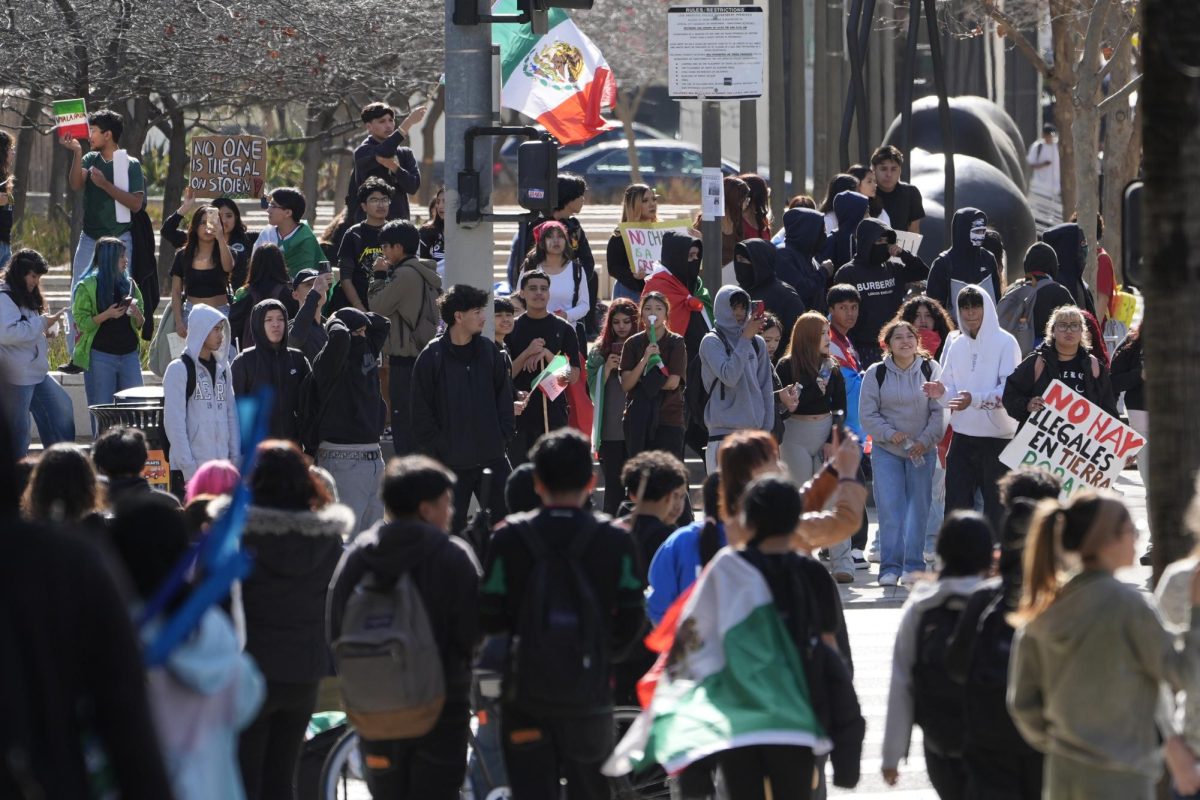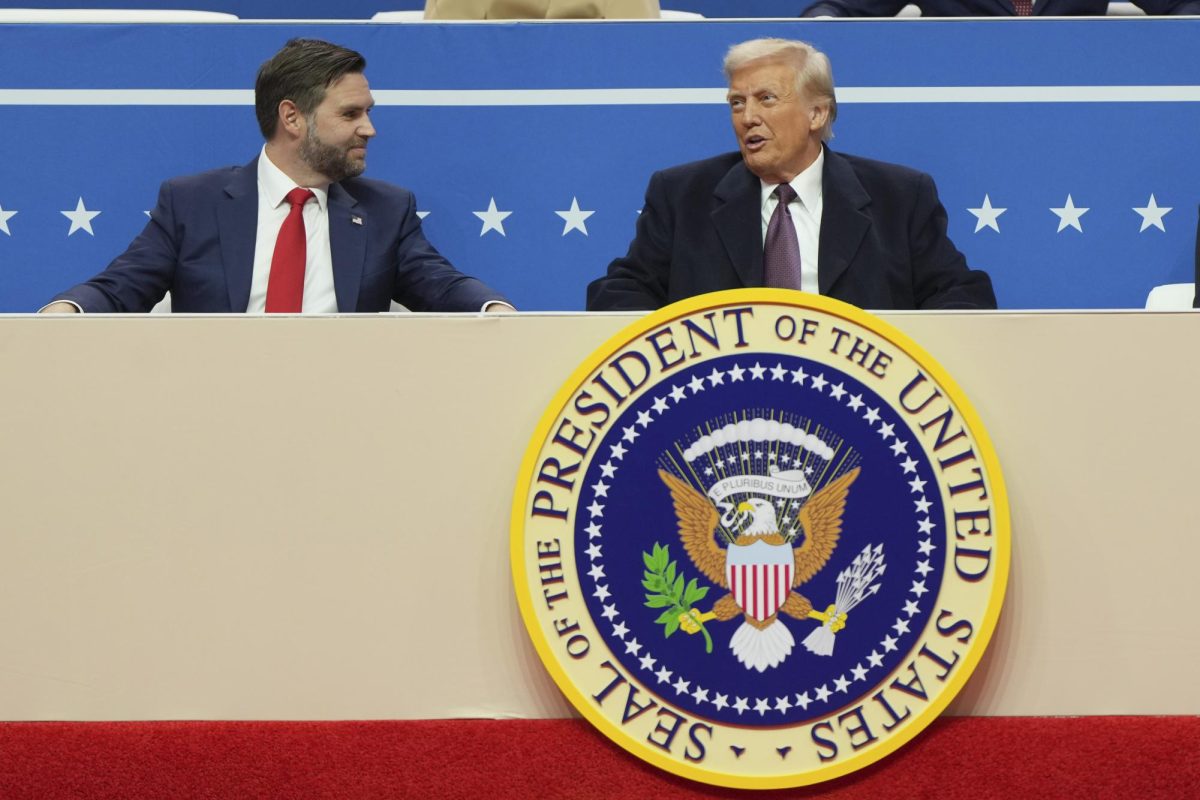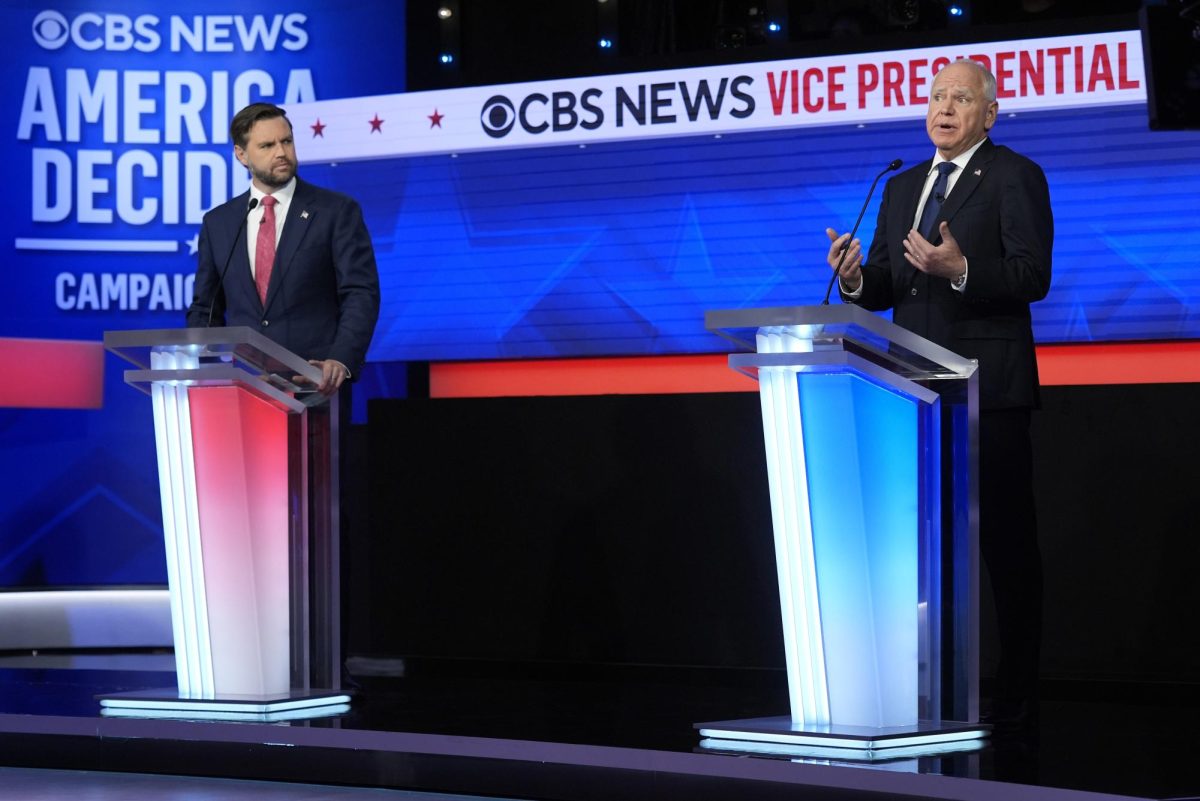Ahead of Louisiana’s Gubernatorial General elections, the state’s runoff elections clarified a number of candidates and constitutional amendments.
As the state moves into Nov. 5 elections, several key positions have yet to be filled. These positions include Secretary of State, Attorney General, and Treasurer.
According to WDSU reporting, Secretary of State has been narrowed down to Republican candidate Nancy Landry and Democratic candidate Gwen Collins, neither of which gained a clear majority in Oct. 14 elections.
The position of Attorney General comes down to Republican candidate Liz Murrill and Democratic candidate Lindsey Cheek, with Murrill taking a relative lead.
The candidates for Louisiana state Treasurer are Republican John Fleming and Democrat Dustin Granger, with Fleming coming out ahead of Granger.
All four of the proposed amendments passed, on Oct. 14, and will be heard before Louisiana’s state legislature.
The first of these amendments deals with the use of foreign or non-governmental funds to conduct elections. In essence, the amendment requires that these funds must be in accordance with Louisiana’s election code, and must comply with state law.
According to the Louisiana American Civil Liberties Union, this amendment may cause logistical challenges due to the state’s election administrations limited budget and staff.
The second amendment which passed offers greater protection and freedom for religious institutions. This amendment prevents government bodies from interrupting or affecting any places of worship, in order to enhance freedom of religion in Louisiana.
This amendment first arose following the suspension of religious services, by executive order, during the COVID-19 pandemic, according to WDSU reporting.
The third amendment aims to resolve pension debt, by increasing the minimum percentage of surplus federal budget that is allocated towards this effort. This means that 25% of “nonrecurring state revenue” will go towards retirement funds for Louisiana state employees, previously the minimum amount was 10%.
The final amendment which passed cuts property tax benefits to nonprofit organizations that do not uphold the quality and functionality of these properties. Previously, these organizations would be considered exempt.
However, the implementation of this amendment would allow Louisiana’s state government to tax properties that have been deemed dangerous, unsanitary, or overall harmful to the surrounding community.



















